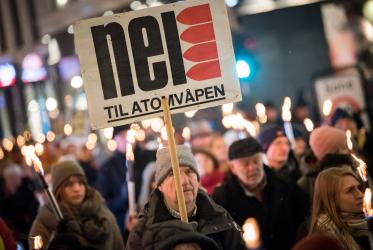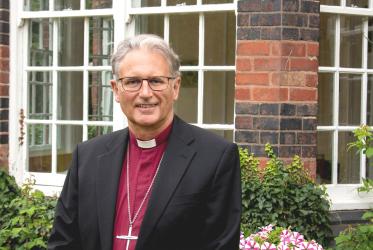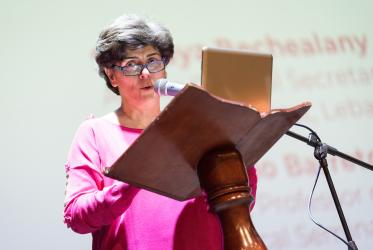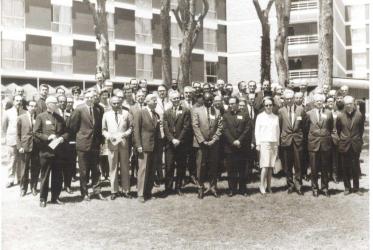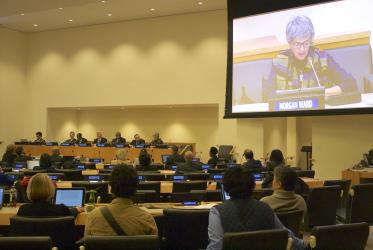Displaying 41 - 60 of 187
“Coventry Cathedral continues to speak a word of hope to the world”
10 December 2020
WCC welcomes new staff
11 February 2020
WCC celebrates life of Archbishop John Habgood
18 March 2019
